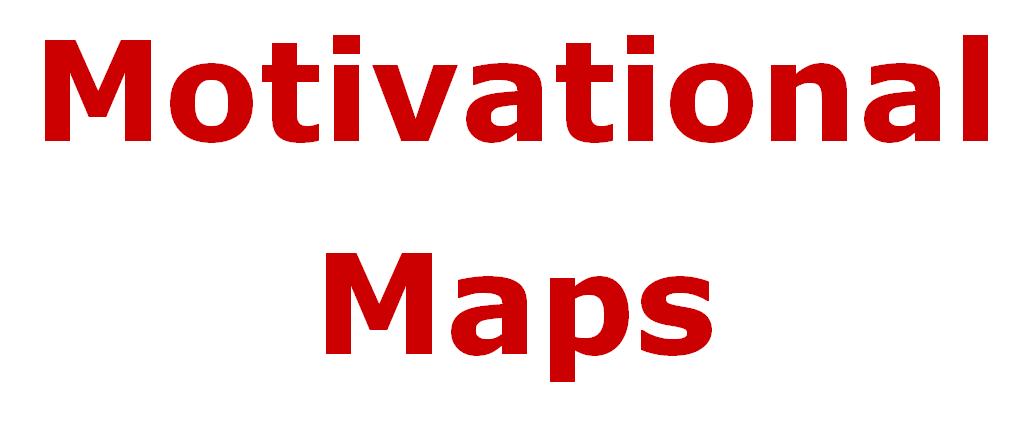- The analytics approach has the ability to fit into whatever leadership culture the company has
- It informs the top-down discussion better as the leader will have better intelligence to use in their interaction with staff - they will be able to build credibility better, focus on the key drivers of performance better, motivate their staff better during those discussions and make far better use of face time with staff
- The main challenge for leaders of this type is that predictive analytics has the potential to automate many of those discussions and this can be a threat to leaders - either they will see it as making elements of what they do as redundant hence a threat to their jobs or that they will have to change their way of working that has held them in good stead for all their career - why risk their status, bonus and basis of power now?
- Psychologically, predictive analytics cuts through a lot of unnecessary noise and deliberation as it strips out the predictable patterns of human behaviour - the homogeneity that we struggle to accept - and focus not the smaller number of true differentiators that lead to elite performance
- There are fewer hiding places for those leaders who have progressed up the ladder due to their political abilities - their performance is more transparent and that can be scary for people
- In this world, top-down leaders have to adapt to having to genuinely understand the behaviour and preferences of their staff to motivate them and influence their behaviour
- The enlightened leaders then fully understand how to leverage this new data and intelligence as part of the coaching relationship with their staff, comfortable that they are not the font of all answers anymore and their success is derived from how their staff behave and perform
- This is related to the all important innovation discussion - leaders are responsible for influencing the efficiency, effectiveness and competitive advantage of their companies and teams: predictive analytics gives them unprecedented ability to work on the 3rd of those: moving them ahead of their competitors
- I think there is also something in here about the outcomes of predictive analytics being a unifying theme that can tie together all the different elements of a leaders job - recruitment, training, coaching, performance management etc, tying the external and internal views that gives them the widest understanding of how to add value to their companies
- Those leaders that excel at providing strategic vision, exercising their judgement to make decisions that will truly and positively impact on stakeholder outcomes will excel in this environment
- As in all technological innovation cycles - previously highly valued skills become commoditised and then this creates the opportunities for new skills to develop and flourish. Unfortunately, it is not typically the same people that succeed in the old and new environments and that is why people get worried about this change. Predictive analytics is different than other change - it gives leaders the tools with which they can control their own destiny
- So what replaces the top-down style then:
- Through predictive analytics and the ability to feed performance data back to staff in real-time lots of what top-down managers and leaders used to have to do can now be automated and information given to staff that they can use themselves to improve and build up their capabilities
- Leaders now can be "present" during their staff's day in ways that they could not before without any sense of being big brother like
- The art of delegation is about how to ensure that people do what you want when you are not there - predictive analytics allows you both to know what it is you should be doing as well as then immersing your staff in this world without having to constantly monitor, coerce, cajole, instruct, review etc
- And, an even more important point, is that leaders often struggle when the world moves from around or under them - the basis of competitive advantage shifts, technical disruption hits their business, their staff are increasing from Generation Z etc - the methods they used before don't work anymore and their customers have moved on too
- Big data analytics learns over time as the context changes and picks up what success looks like now and in the immediate future - helps leaders staff fresh and avoid obsolescence
- A slightly weaker point but relevant nevertheless, is that leadership excellence is often seen as a scarce resource and difficult to scale: headhunters earn a fortune claiming to fill this gap
- Smart analytics helps identify better the key drivers of leadership success by organisation and hence making it easier to find more of them and reduce perceived growth bottlenecks by having confidence that you have the right people to exploit new market opportunities
Thursday, 13 March 2014
Leadership in the smart analytics world
Subscribe to:
Post Comments (Atom)



No comments:
Post a Comment